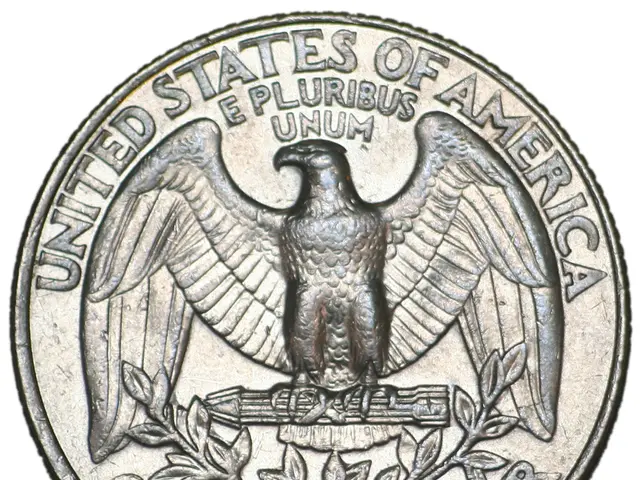Redirected supply routes of MTU Aero Engines
MTU Aero Engines Adapts Logistics Strategy to Mitigate Tariff Risks
MTU Aero Engines, a leading engine maker based in Munich, Germany, is adapting its logistics strategy to navigate potential tariff impacts in the ongoing US-EU trade dispute. The company is focusing on optimizing its supply chain and streamlining production processes to improve margins and operational resilience, which helps mitigate cost pressures indirectly.
In a change from the previous practice, MTU is having engine components shipped directly from its Polish plant to the final assembly line at its Munich headquarters. This move is aimed at reducing reliance on US partner Pratt & Whitney, though the specific reasons for this change were not disclosed.
Despite the ongoing trade dispute, the aviation industry, including MTU Aero Engines, has so far been spared from tariffs. CEO Lars Wagner has expressed hope that this trend will continue.
The geographic and operational diversity of MTU's collaborations, such as the geared turbofan (GTF) program with Pratt & Whitney, could reduce exposure to tariffs by balancing manufacturing and maintenance activities across regions. This diversity may help mitigate customs duties.
While no explicit evidence of MTU using specific tariff mitigation logistics tactics like re-routing or qualifying imports under USMCA provisions was found, the company's focus on supply chain resilience and efficiency likely aligns with similar logistics and operational adaptations to minimize tariff impacts.
MTU's strategic approach appears to also involve maintaining a transatlantic operational presence, though there is no explicit confirmation that the company has expanded operations on both continents to avoid tariffs.
Investors have responded positively to MTU Aero Engines' first-half results, with the share price hitting an all-time high of €395.80 (+2.8%). The company aims to increase its group revenue to a range of €8.6 billion to €8.8 billion by 2025, with adjusted net profit reaching at least €1.3 billion.
The potential impact of threatened tariffs on MTU Aero Engines is estimated to be a "mid- to high double-digit" million figure. CEO Lars Wagner has promised a more detailed assessment of the situation once the US government under Donald Trump and the EU reach an understanding to resolve the conflict, which could happen as early as early August.
Despite the trade tensions, MTU's business is running smoothly due to increased demand for passenger aircraft and growing maintenance needs from airlines following the COVID-19 pandemic. The company is redirecting logistics chains to keep additional costs in check, and the first-half results show that it is on track to achieve its revenue and profit goals. Revenue surged by 21% to €4.1 billion, and adjusted earnings before interest and taxes jumped by 40% to €657 million.
References: 1. Supply Chain Digital 2. Aviation Week 3. FlightGlobal 4. Reuters
- Amidst the ongoing trade dispute, MTU Aero Engines is leveraging technology to enhance its logistics strategy, as seen in the direct shipping of engine components from its Polish plant to Munich, to maintain business resilience and optimize finance.
- In an effort to minimize potential tariff impacts, MTU Aero Engines is diversifying its collaborations in finance and technology, such as the geared turbofan (GTF) program, to balance manufacturing and maintenance activities across regions and potentially reduce customs duties.




